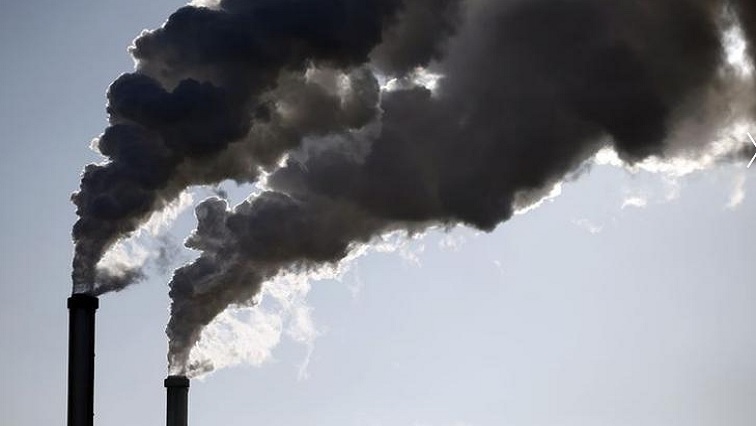South Africa still has to finalise its revised emission targets in the National Determined Contributions Climate Plan (NDC) before the 26th United Nations Climate Change Conference of the Parties (COP 26).
COP 26 is less than six months away.
More than 50 countries have already updated their climate plans to put them on a path of zero emissions in 2050.
The UK will host COP 26 in November this year. Acting British High Commissioner to South Africa, Adam Bye addressed a National Press Club briefing in Pretoria. He says solar and wind energy are already cheaper than new coal and gas power plants in two-thirds of countries in the world.
Bye says countries will have to commit at COP 26 to secure global net-zero emissions by mid-century in order to keep global warming within 1.5 degrees to avoid severe climate change.
“This matters because if we want to avoid the most severe impacts of climate change, it’s these things we need to achieve both for our people and our nature. At two degrees of global warming, there will be severe impacts and widespread on people and nature. At 1.5 degrees the impact will be serious but less severe.”
Bye welcomes the establishment of South Africa’s presidential commission on climate change but says more needs to be done.
“We also welcome the work South Africa has done to deliver a revised National Determined Contribution. The current draft reduces the upper range of emissions and also brings forward to 2025 an absolute decline in emissions. At this stage, it does not reduce the lower range of emissions. As COP president off course, we will continue to encourage and support South Africa to bring to COP the most ambitious NDC it can.”
🔵 Reimagine.
🟢 Recreate.
🌏 Restore.At #COP26, the world will come #TogetherForOurPlanet to tackle climate change, reverse biodiversity loss, and enhance livelihoods.
Together, we can be #GenerationRestoration@UNEP | #WorldEnvironmentDay
— COP26 (@COP26) June 5, 2021
‘Hotspot of emissions in SA’
Mpumalanga is a hotspot of emissions in South Africa with 12 coal-fired power stations in the province. These stations must be transitioned to green energy if SA wants to meet its emissions targets. Trade and Industrial Policy Strategies’ Saul Levin says any transition must include the well-being of workers at the stations and mines in the province.
“If not everybody is going to be absorbed into the green electricity, because once you put up a solar park, there are fewer people employed. Initially, there is work but once it is set up it is not labour intensive, so we do need to look at other industries. And what is critical with the workforce and communities is that they recognise that and that they’ve done their own work.”
Levin adds that they hope SA will commit to a date at COP 26 to start with the decarbonisation in Mpumalanga within the next 20 years.






